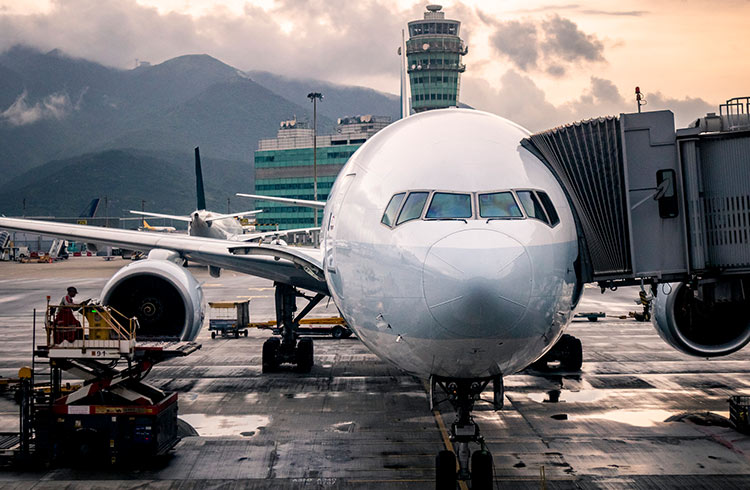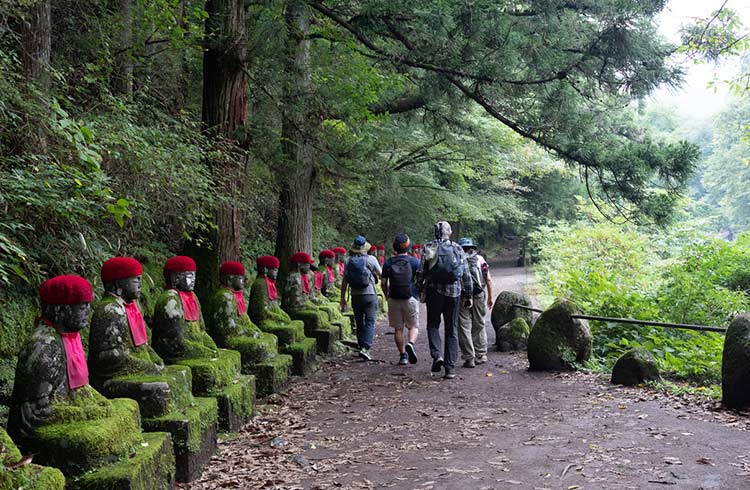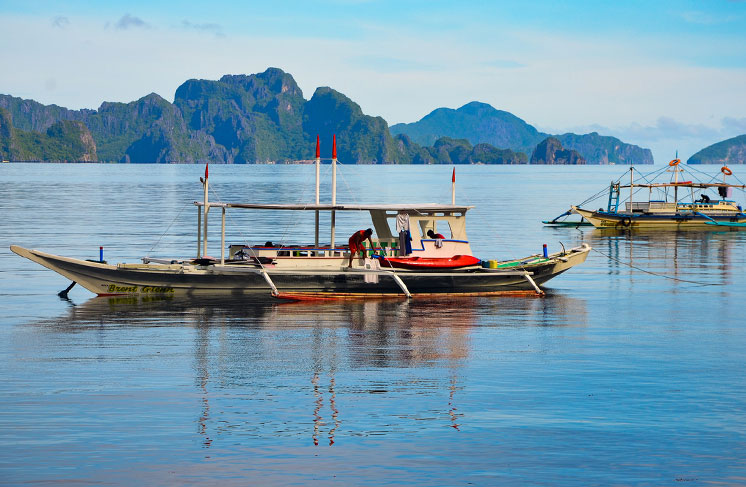13 Eco-friendly Toiletries to Take on Your Travels
Packing for a trip? These natural and ethical personal care products are better for you and the planet.
 Photo © Getty Images / SolStock
Photo © Getty Images / SolStock
These simple swaps will help ensure your travel toiletries are healthy and harmless – for you, and the planet.
1. Shampoo bars
As many as 80 billion plastic shampoo and conditioner bottles are disposed of around the world every year, many of which end up in our oceans. If you want to be a more responsible traveler, olid bars are a waste-free alternative – try Ethique, a B Corp-certified company graded with the highest of social and environmental standards, whose solid beauty bars can be stored in a jar, tin or beeswax wrap.
2. Chemical-free skincare
The harsh chemicals found in many moisturizers and cleansers are toxic to you and the environment. Do your research and find out which ingredients to avoid – products labeled as 'eco-friendly' or 'natural' products aren't always what they claim – as well as seeking out biodegradable packaging wherever possible.
3. Reusable muslin face washer
Ditch the plastic-packaged face wipes – made from polyesters and polypropylene that can take decades to break down – and pack a lightweight muslin cloth that can be used with soap and warm water to clean away everyday impurities. Or use biodegradable wipes.
4. Microplastic-free exfoliators
The tiny beads found in face and body scrubs are too small to be captured in wastewater treatment systems, washing straight into the ocean where they harm marine life. Avoid polyethylene (PE), polypropylene (PP), polyethylene terephthalate (PET), polymethyl methacrylate (PMMA) and polytetrafluoroethylene (PTFE), and look for natural alternatives like salt, sugar and coffee.
5. Natural deodorant
Sweating regulates your body's temperature and is a natural detoxification process we shouldn't be trying to stop. Trade in antiperspirant for a deodorant that uses natural ingredients such as baking soda to help absorb moisture and neutralize odor.
6. Fabric face mask
Social distancing is likely to be with us for some time to come, but a reusable cloth face mask can provide some protection to you and those around you. Make your own or buy a few cloth masks to take on your travels, and wash them regularly.
7. Bamboo toothbrush
One of the easiest ways to reduce plastic waste is by swapping your plastic toothbrush for one made with bamboo – once your brush needs replacing, just remove the bristles and recycle or compost the handle.
8. Non-toxic toothpaste
Eco-friendly toothpaste packaging can be hard to come by, however, a step in the right direction is to choose natural formulas that effectively clean your teeth with ingredients such as baking soda, spearmint and tea-tree oil.
9. Plant-based floss
Most dental floss is made from synthetic materials such as nylon and is dispensed from a plastic case. Look for alternatives created from sustainable bamboo, charcoal fiber or wax-coated silk, which often come in a cardboard box or glass jar.
10. Eco-friendly menstrual products
Using a menstrual cup or reusable cotton sanitary pads can save you hundreds of dollars on disposable pads and tampons. Another waste-free option is period-proof underwear such as Thinx, which can be washed and reused, are ideal for traveling, and take up very little space.
11. Biodegradable cotton buds
Replace plastic cotton buds with those that have bamboo or paper can simply be thrown into your organic waste or composted, and usually come in biodegradable packaging.
12. Natural insect repellent
One downside to the great outdoors is the creepy crawlies, but luckily there are hard-working natural sprays that use antibacterial essential oils such as citronella, tea tree and eucalyptus rather than harsh chemicals to keep bugs at bay. Unfortunately, if you’re traveling in countries where malaria and other mosquito-borne diseases are present, a DEET-based repellent may be necessary.
13. Plastic-free razors
Investing in a stainless-steel safety razor will save you a considerable amount of money over time, not to mention significantly reducing plastic waste. A good quality safety razor will last a lifetime if looked after – only the blades need replacing.
14. Reef-safe sunscreen
Protect our marine ecosystems as well as your skin with a sunscreen free of oxybenzone – this common chemical is proven to damage coral reefs. Eco-friendly sunscreens are becoming easier to find, however, some labeled 'reef-friendly' still contain oxybenzone so check the ingredients carefully.
Related articles
Simple and flexible travel insurance
You can buy at home or while traveling, and claim online from anywhere in the world. With 150+ adventure activities covered and 24/7 emergency assistance.
Get a quote


1 Comment
I suggest staying in hostels, and encouraging the owners and managers to check on all kinds of environmental actions and to educate their clients about those.